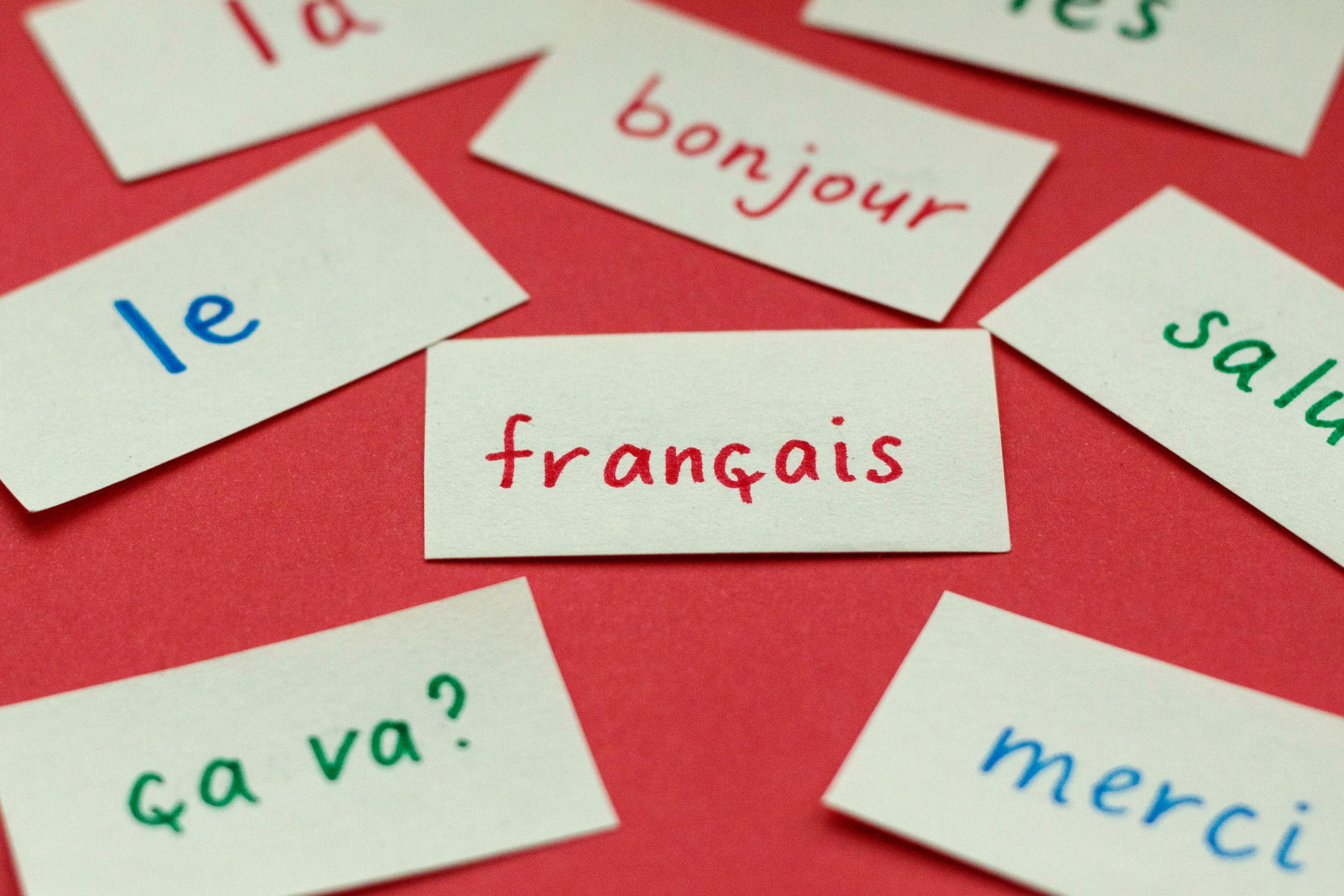Grab your baguette and put on your beret, we’re talking about the language of love today. You guessed it: French. French is spoken by nearly 300 million people across every single continent, and it’s a language not only of romance but of mass. With a tongue so widespread and influential, it’s hard to believe that Modern French wasn’t established until the 17th century. It was then that Latin was booted out, and France assumed the role of linguistic superpower across Europe and beyond.
But you’re not here to learn history, you’re here to learn some basic French. And that’s exactly what we’re here to teach. First we’ll tick off a few reasons why you should pick up this language of l’amour and then we’ll cover ten beginning French phrases you can learn today!
Why learn French?
Behind only English and German, French is among the top spoken languages in Europe. Beyond that, you’ll find French spoken in more than 30 countries. It’s the official language of many places, including the smallest African country of Seychelles, and a recognized language in countless more entities and organizations.
This is all to say that speaking French will take you far, geographically and professionally. You will be highly mobile, and able to communicate with people from all corners of the globe. If you keep up your practice, you might even find yourself in a business meeting as Business Insider expects Africa to play an increasingly important role in international trade.
More than the ability to communicate with millions of other speakers, with this language you’ll also find a dense and complex history of art, plunder and discovery. French was the lingua franca during the Age of Enlightenment, a period which proposed a great deal of literature and theory. But if that seems too intimidating to begin with, start out with some of our recommended French books for all levels of language learning.

Four Fundamentals of French Language
When learning any language, it’s essential to first get a solid grasp of grammar and pronunciation. While we can’t cover everything, we can certainly begin to build a foundation with the fundamentals of French so that you’ll be saying un cappuccino s’il vous plait with confidence in no time.
The alphabet. Like English, the French alphabet has 20 letters and 6 vowels (including “y” of course). As a result, there are 36 possible sounds, compared to English’s 44, because of the distinctions in pronunciation. French has silent letters, too. Oh non.
The vowels. Though there are only a few vowels, they can be pronounced in a variety of ways depending on their accents and combinations. Whether or not you pass air through your nose classifies the vowels as either oral or nasal, a charming characteristic which French is so renowned for.
The gender. Like any good romance language, French is gendered. Depending if the word is feminine or masculine, the preceding article will change. If you know Spanish or Italian, this is a familiar concept.
The pronouns. When learning the French pronouns, you’ll want to start with the subject and stress pronouns. Subject pronouns include je, tu and elle while their stress pronoun companions are moi, toi and elle. These probably sound a little familiar, right?
With these tips, we’ve laid a few bricks but have many more tricks and rules to cover until a solid foundation is really built. We’ve barely scratched the surface of French fundamentals, and our highly qualified French tutors are so excités to continue building with you.
15 Beginning French Words and Phrases
Because the Bellieu Method values conversational practice, we want to ditch the vocab lists and jump right into some valuable words and phrases with a mix of informal and formal language. Good luck – Bonne chance!
French Pleasantries
Hello, how are you doing? – Salut, ça va?
I’m great, thank you – Je vais bien merci
Good morning, good evening, good night – Bonjour, bonsoir, bonne nuit
You might be a tourist if…
Do you speak English? – Parlez vous anglais?
I don’t like pizza, sorry – Je n’aime pas la pizza, désolé
Where is the Eiffel Tower? – Où est la tour Eiffel?
Getting around in Djibouti, perhaps
How much is a bus ticket? – Combien coûte un ticket de bus?
Tell me where the best restaurant is, please – Dites-moi où est le meilleur restaurant, s’il vous plaît
I want to go to the ocean tomorrow – Je veux aller à l’océan demain
Finding romance with the language of love
We should get a coffee – On devrait prendre un café
I love your smile – J’aime ton sourire
Do you dance? – Dansez-vous?
Who are you?
My name is ___ – Je m’appelle ___
I’m from the United States – Je viens des Etats-Unis
And I’m an artist – Et je suis un artiste

Join over 300 million other French speakers today
Voilà! You’re now a few words closer to learning French. The first step to learning a new language is believing that you can, and you’ve totally proven that by making it to the end of this introduction. The second step is where TruFluency comes in. French is an intricate language to learn, and there’s no better guide than a French tutor who is a native speaker.
Take a trial class and get one step closer to eating that baguette in a beret today. Au revoir!





